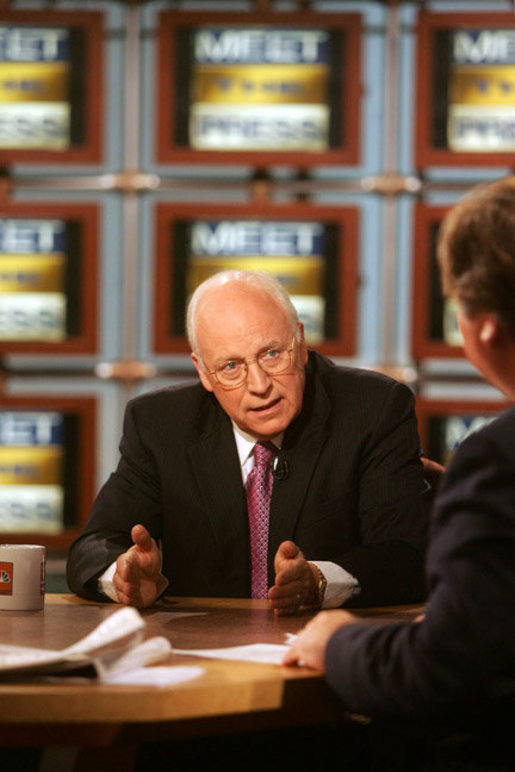
Vice presidential candidate Dick Cheney urges swift retaliation for the bombing of the USS Cole in Yemen. “Any would-be terrorist out there needs to know that if you’re going to attack, you’ll be hit very hard and very quick. It’s not time for diplomacy and debate. It’s time for action.”
It is tantamount to approval for the Clinton administration to attack al Qaeda, even with an upcoming election.
The October surprise “norm” for a sitting president—if there is one—is to settle (or at least not exacerbate) pending foreign policy complications for an incoming administration, thereby not tilting the election one way or another. Bill Clinton himself inherited a losing hand in both Somalia and Iraq from George Bush the elder. Somalia would end up a disaster for the Clinton team and Iraq of course would dog the White House for the next eight years. And Barack Obama would hesitate to take stronger action against Russia in 2016, not wanting to tilt the election or tie the hands of an incoming Hillary Clinton administration.
Perhaps Cheney’s bluster was just pre-election posturing, but more important, the former secretary of defense believed that the implications of striking at al Qaeda was cost-free, that attacking—“very hard and very quick”—had no implications for blowback on the United States, that an attack on the U.S. itself wasn’t even conceived. Ultimately this belief was as much responsible for the new Bush administration’s slow development of a counter-terrorism policy in the nine months of 2001 before 9/11—that it just didn’t see al Qaeda as more than a run-of-the-mill terrorist organization.